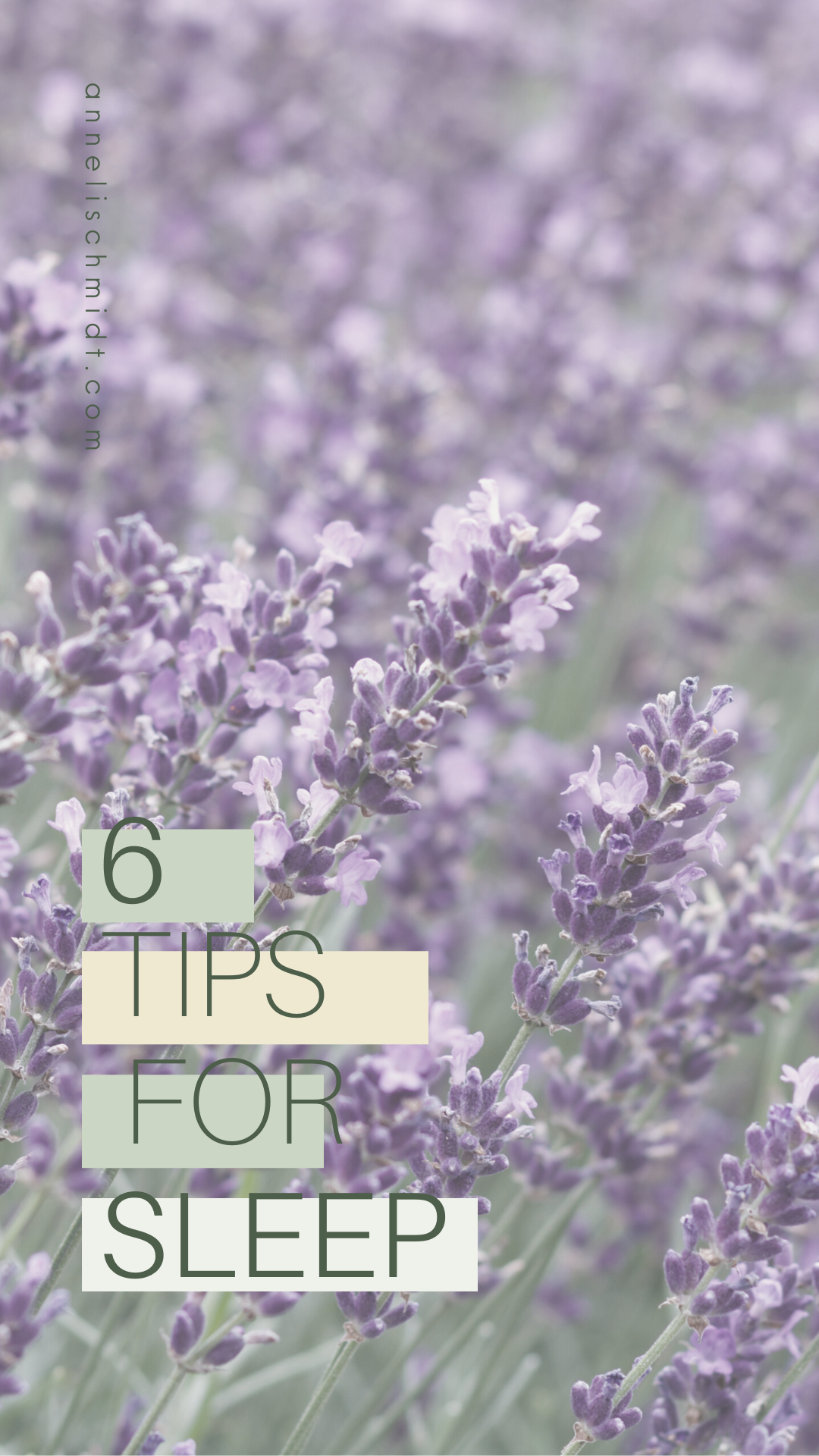Tips for falling asleep faster
Work schedules, family duties, and overall lifestyle can have a massive impact on how much sleep we obtain on a nightly basis. Not only that, but difficulties falling asleep can eat into that precious time we do allow ourselves to rest and recharge.
With sleep having such a crucial role in our brain health, it is important to optimize the time we have for it! Here, I’ll be sharing 6 tips that you can incorporate into your nightly routine to making falling asleep as pain-free as possible.
Set a regular schedule
The importance of setting a schedule can’t be overstated! Waking up and going to sleep around the same time each day will provide your internal clock some stability, making you naturally wake up and get tired around the same time each day.
Go outside shortly after waking up
Soaking in the daylight about 30-60 minutes after waking up will help reset your circadian rhythm. If possible, spend between 2-30 minutes outside for the proper effect.
You may use this time to go on a walk, drink your morning coffee, read a book, or do something that sets your day up for success.
Your internal clock will know that it is morning, and in conjunction with a regular sleep schedule, you will also get sleepy around the same time each day. The hormone that results in feelings of sleepiness will build up throughout the day, resulting in the right amount of sleep pressure when it is eventually time for bed.
Avoid eating before bed
If possible, avoid eating at least 2 hours before bed. The energy that digestion requires will not only stave off sleep, but the bodily responses that take place after eating may disrupt the relaxation you’re trying to achieve before sleep.
Stay away from caffeine
This may sound obvious, but caffeine affects all of us differently—for many, caffeine needs to be avoided a full 8-10 hours prior to bed for the best chances of falling asleep.
The half-life of caffeine is about 5 hours for the average person, and an 8oz cup of brewed coffee has approximately 70-140mg of caffeine. This will differ depending on an individual’s metabolism. If caffeine affects you strongly, I suggest avoiding it 10 hours before bed to eliminate that sleep barrier.
Use lavender essential oil
If you struggle with falling asleep, it may be time to hop on the essential oil bandwagon! Lavender is known to be anxiolytic—meaning it helps reduce anxiety.
A study conducted on college students suggests that inhaling lavender essential oils, along with practicing proper sleep hygiene can help individuals fall asleep faster and experience fewer awakenings.
Enjoy a warm bath
Having a warm bath or shower 1-2 hours before bed is not only beneficial for our hygiene and stress levels, but it actually has physiological effects which help us fall asleep faster.
Known as the warm bath effect, our blood vessels dilate which then cools our bodies. Our ideal core body temperature is actually slightly cooler in deep sleep, so this effect signals to our bodies that it is time to sleep by producing more melatonin.
Final thoughts
While there are many factors that can contribute to issues falling asleep, it goes without saying that there are many easy and natural methods to help counteract those difficulties. Falling asleep shouldn’t be stressful, and by allowing your body to naturally regulate itself into a rhythm, you’ll see the positive effects from proper sleep improve other areas of you day to day.
I encourage you to try out one or more of these techniques to see how they fit into your night routine.
Watch the video





